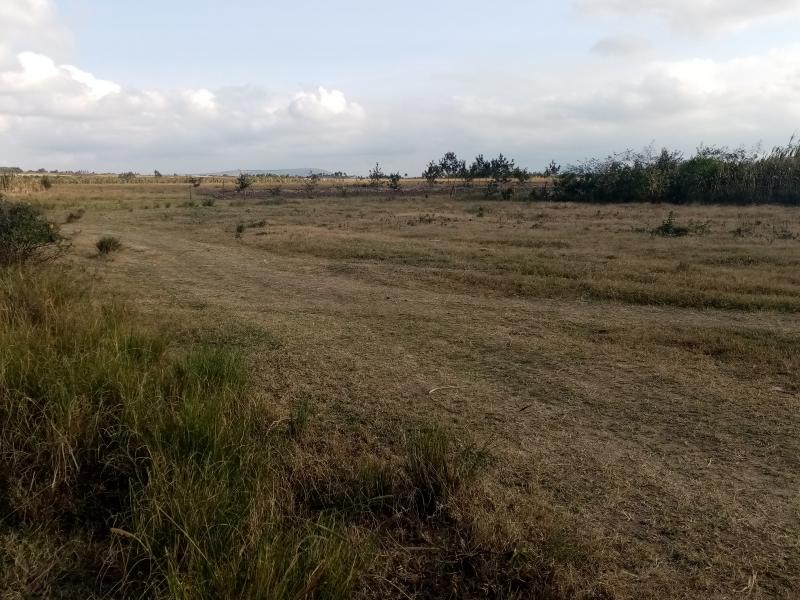×
The Standard e-Paper
Fearless, Trusted News
Two widows and a son of a businessman John Gichuhi have fought back a move by 800 women to stop the proceedings of his succession case over a 127-acre piece of land in Suswa, Naivasha.
